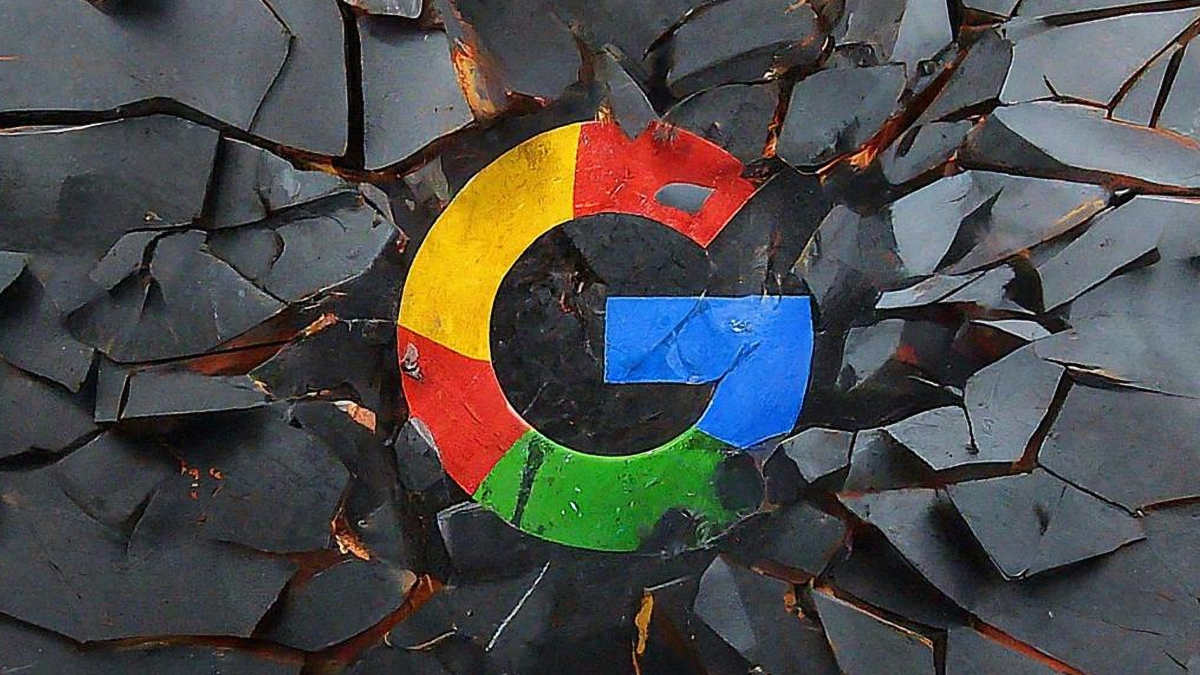US Court's Remedies Not Enough Given Google Can Continue to Pay for Search Defaults
Sumit Sharma / Sep 12, 2025Following his 2024 liability decision that Google has a monopoly in general search and general search text advertising and that it illegally maintains its monopoly, US District Court Judge Amit Mehta issued his remedies decision last week.
The remedies decision is a win for Google. The remedies ordered will not pry open competition, because Google can continue to pay to be the default service on iPhones, carriers, OEMs and browsers — for both general search and its AI services. Judge Mehta’s decision explicitly acknowledges as much on page 108 of the remedies decision:
Even with newfound flexibility, distributors still are likely to select Google as its primary, if not only, default GSE.
This is because even with the unbundling of search distribution from Google’s other services and the flexibility to set defaults on a device by device and search access point by point basis, it remains true that no other company could bid for and win these distribution contracts (see page 225 of the liability decision). A shorter one-year term for these contracts (page 110 of the remedies decision) makes no difference to Google’s ability and incentive to bid for and win these contracts.
As for AI, the remedies decision acknowledges on page 110 that:
Microsoft has incorporated AI into its search products, leading Microsoft to believe it has closed the quality gap, at least on desktop. But no new distributor has selected Bing as a default GSE [general search engine], and to the court’s knowledge, Bing has not gained market share because of its product development. Neeva provides another example. It built its search engine on AI technology but ultimately could not compete without greater distribution and left the market. AI has unquestionably improved general search, but it has not yet fundamentally altered market dynamics. (emphasis added)
If allowed to stand as is, then, the remedies decision hopes that uncertain future market developments in generative AI services which are not part of the general search market will pry open competition in general search. This is an unlikely outcome.
Google is a leader in generative AI technologies, it has successfully incorporated this technology in general search, and it can continue to use its monopoly profits from general search text advertising to pay to be the default on all distribution channels. The monopoly profits from general search text advertising will continue to flow because there are insufficient remedies that directly address this market. The court suggests this is partly due to the lack of evidence presented during the trial (see page 166 of the remedies decision). As a result, the remedies decision depends on competition in the search market to translate to competition in the general search text advertising market (page 167 of the remedies decision).
None of the other remedies in the decision – a one-time access to Google’s search index, limited access to Google user data, and syndication contracts based largely on existing commercial terms — provide necessary inputs for general search or general search text advertising services to ‘catch-up’ with Google and hence do not compensate for Google’s ability to continue to lock up distribution.
A one-time access to Google’s search index, while useful, will only help competitors avoid some costs and is likely to be of limited use to spur competition given these inputs can be replicated independently.
First, it is unclear if this remedy will be of much use to smaller competitors and entrants – they will still need to incur substantial costs if they want to build their own indexes. As the remedies judgment says on page 145:
…even with the shared Search Index information, rivals still will have to invest considerable resources in building out their own search index. The actual data crawled is not subject to disclosure. So, competitors will have to build the crawlers, crawl the web pages, extract the web page information, and process the data to create a competitive search index.
Second, Google’s search index is an input that others can replicate. Generative AI services like OpenAI’s ChatGPT and Neeva’s AI based search engine were built without any access to Google’s search index or data. It is unclear what, if any, impact a one-time access to Google’s search index and limited access to user data will have in improving these services. The trial record also shows that other companies, such as Microsoft’s Bing, Brave, and OpenAI, have built or are in the process of building their own web indexes.
Third, it is unclear if a web index of Google’s size and scope is required to be competitive. For example, the court notes that at its current scale Bing search quality is comparable to Google’s on desktops (page 46 of the liability decision). Bing can do this with a search index that is about a fifth of that of Google’s (see para 75, CMA 2020, Appendix I: search quality and economies of scale). We have also seen innovation in building a search index. Neeva built a web index and developed a ranking model relying heavily on AI technology (page 30 of the liability decision). Similarly, it is unclear if grounding an LLM with web results requires Google’s entire web index. The court remedies decision suggests that only a smaller set of targeted, high-quality websites is required (see the discussion on Fastsearch used by Google to ground Gemini on page 35).
There is considerable doubt as to the usefulness and timeliness for competitors, and the practicability of Google supplying even limited user side data as required by the remedies decision. The court acknowledges this:
That is not to say that protecting privacy will be easy. Anonymizing and securing datasets as large as those underlying Glue and RankEmbed, while attempting to optimize their usefulness, no doubt will be challenging. (page 164, remedies decision)
As discussed further in the next section, applying those techniques to promote user privacy will result in the release of less than the full datasets …(Evans) (explaining loss of records when using a privacy enhancing technique known as k-anonymity, and discussing example of Google’s data disclosure under the European Digital Marketing Act where Google’s privacy filters resulted in the exclusion of 99% of queries). (page 161, remedies decision)
Finally, the court only requires syndication on current commercial terms. This is problematic because as the UK’s CMA 2020 investigation found:
…the provisions included in these agreements can restrict the ability of recipients to innovate and improve the services they offer consumers, therefore harming competition amongst search engines. For instance, clauses within some of these agreements impose constraints on the recipient’s ability to change the ranking of search results or the use of third-party advertisements. These agreements can also require approval to be set as the default search engine on other devices or browsers. For instance, companies that have a syndication agreement with Google are not currently eligible to participate in Google’s Android choice screen remedy. (para 129, Appendix V, Assessment of Pro- competition Interventions in General Search)
And again recently in June 2025 in its proposed decision to designate Google as having substantial market power in general search and search advertising:
These syndication agreements and their contractual terms also act as a barrier to these providers expanding and playing a more substantial role in competition for general search services. (para 5.177)
Better syndication terms would benefit end-users by enabling syndication partners to experiment more freely with different search features leading to more choice and innovation for consumers. It would also allow syndicators to differentiate their services, essential if these service providers are to gain market share. However no improvements to existing commercial syndication terms are required by the remedies decision.
So effectively, Judge Mehta’s remedies decision can be summarized as follows: hope that AI market developments alone discipline Google’s general search monopoly, and this in turn disciplines Google’s monopoly in general search text advertising. These thoughts and prayers are insufficient. What is required are remedies that directly attack Google’s monopolies. The DOJ must appeal this decision and ask for stronger remedies. Whether it will be allowed to do this without fear or favor under the current Trump administration is an open question.
Authors

